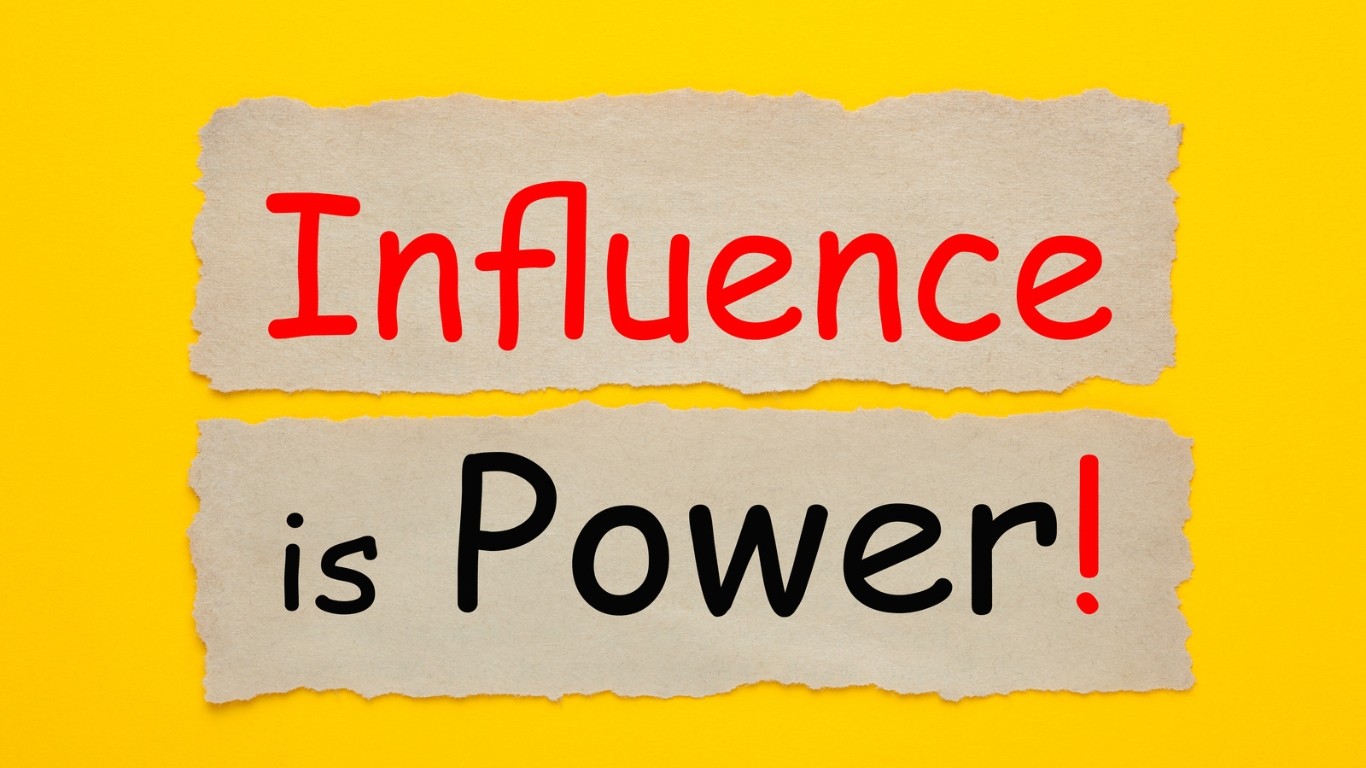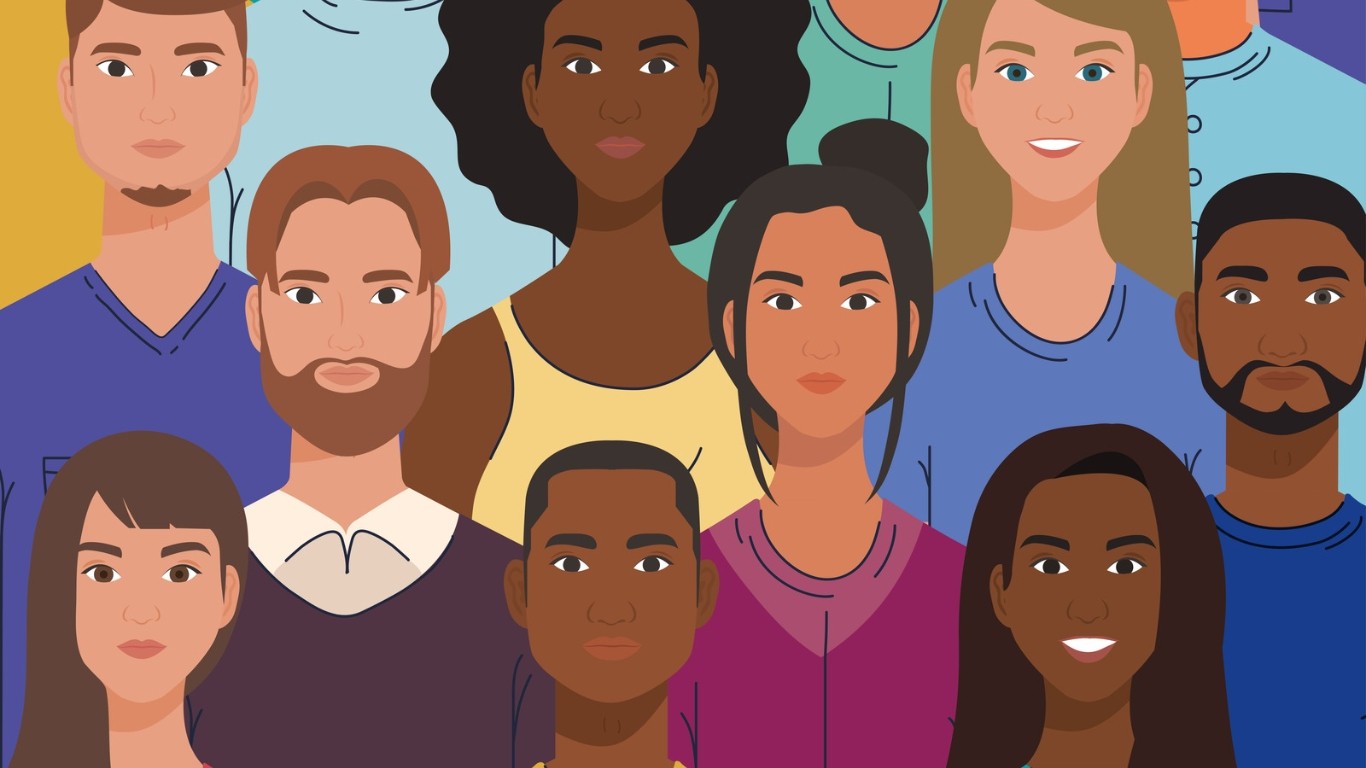
Arranged Marriage VS Love Marriage
In
this comprehensive article, we delve into the age-old debate of arranged
marriage vs. love marriage. As experts in the field, we aim to provide you with
valuable insights and shed light on the contrasting aspects of these two
popular forms of matrimony. By examining various dimensions, we aim to present
a holistic view that will help you make an informed decision regarding your own
marital journey.
# Cultural Traditions and Historical Significance

● Arranged Marriage
Arranged
marriages have deep historical roots, stretching back centuries in many
cultures across the globe. This traditional form of marriage involves the
selection of a life partner by family members, often based on factors such as
social standing, economic compatibility, and shared values. In some cases,
professional matchmakers or marriage brokers play a pivotal role in
facilitating the arrangement process.
Arranged
marriages are prevalent in countries like India, Japan, and several regions of
the Middle East. They often emphasize the union of two families rather than
solely focusing on the compatibility of the individuals involved. Proponents of
arranged marriages argue that these unions contribute to familial harmony,
social stability, and the preservation of cultural heritage.
● Love Marriage
In
contrast, love marriage is a relatively modern concept that emerged with
changing societal norms and individual autonomy. Love marriages involve
individuals choosing their life partners based on mutual affection, attraction,
and shared interests. This form of marriage prioritizes personal compatibility,
emotional connection, and romantic love as the foundation of a successful
marital bond.
Love marriages are more
prevalent in Western societies, where individual freedom and personal choice
are highly valued. Advocates of love marriages argue that they provide
individuals with the opportunity to select a partner who genuinely complements
their personality, aspirations, and life goals. The emphasis on emotional
connection and personal compatibility is believed to contribute to long-term
marital satisfaction.
# Factors Influencing Marital Success

● Arranged Marriage Factors
In arranged marriages,
the union is often based on shared values, socio-economic compatibility, and
familial ties. While initial attraction and romantic love may not be the
primary factors, proponents argue that the foundation of mutual respect and
commitment can lead to the development of love over time. The involvement and
support of the extended family can also provide a strong support system for the
couple, helping them navigate challenges and conflicts.
● Love Marriage Factors
Love marriages are built
on the foundation of personal choice, emotional connection, and romantic love.
Proponents argue that the presence of these factors can lead to a deeper
understanding and compatibility between partners. When couples have chosen each
other based on shared interests and values, they may be more likely to weather
the storms of life together. Additionally, the absence of familial pressure and
the freedom to choose a partner can contribute to a sense of personal
fulfillment and happiness within the relationship.
# Societal Perceptions and Impact

● Arranged Marriage
In societies where
arranged marriages are prevalent, they are often viewed as a symbol of cultural
preservation and family unity. These marriages are seen as a way to strengthen
social ties and maintain traditional practices. While critics argue that arranged
marriages can perpetuate gender inequality or restrict individual freedom,
proponents believe that the involvement of families in the decision-making
process leads to a more stable and harmonious union.
● Love Marriage
Love
marriages, on the other hand, are often seen as a reflection of changing
societal values and individual empowerment. They are perceived as a step
towards a more egalitarian society, where personal happiness and emotional
fulfillment take precedence. Critics, however, argue that love marriages can be
more susceptible to the challenges of unrealistic expectations, as the initial
romantic feelings may fade over time.
Conclusion
In
conclusion, the debate between arranged marriage and love marriage is
multifaceted and influenced by a variety of cultural, historical, and
individual factors. While arranged marriages emphasize family and societal
harmony, love marriages prioritize personal choice and emotional connection. It
is essential to consider the values, traditions, and personal preferences that
resonate with you when deciding on the type of marriage that aligns with your
aspirations and goals.
Ultimately,
the success of any marriage, be it arranged or based on love, depends on the
commitment, effort, and understanding of the individuals involved. It is
crucial to approach the topic with an open mind, respect for differing
perspectives, and an awareness of one's own needs and desires. By understanding
the unique dynamics of both forms of marriage, you can embark on a path that
resonates with your values and leads to a fulfilling and lifelong partnership.
